The British public say they back the unprecedented coronavirus lockdown restrictions and are willing to accept tighter controls if experts deem them necessary to beat the disease, a new poll has found.
The BMG survey for The Independent found that voters are prepared to see parks closed and tighter limits placed on workers travelling to non-essential jobs, and would regard an extension of the current lockdown to the start of July as reasonable.
But there were indications that support will wane if orders to stay indoors and avoid social contact stretch too far into the summer, with an extension to the start of August regarded as unreasonable by 41 per cent and the start of September by 48 per cent.
Download the new Independent Premium app
Sharing the full story, not just the headlines
However, a remarkable 12 per cent – one in eight of the population – told BMG they believed a continuation of tight social distancing measures lasting nine months or more and stretching into 2021 would be reasonable.
Overall, participants supported the government’s approach to the Covid-19 outbreak, with 57 per cent saying that Boris Johnson’s administration had done well, against 26 per cent feeling it was doing badly.
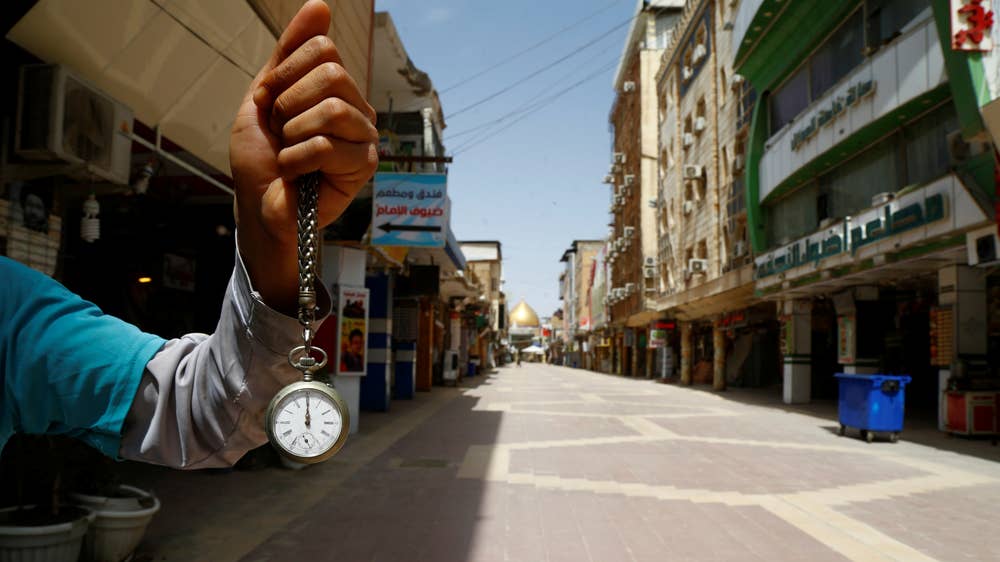
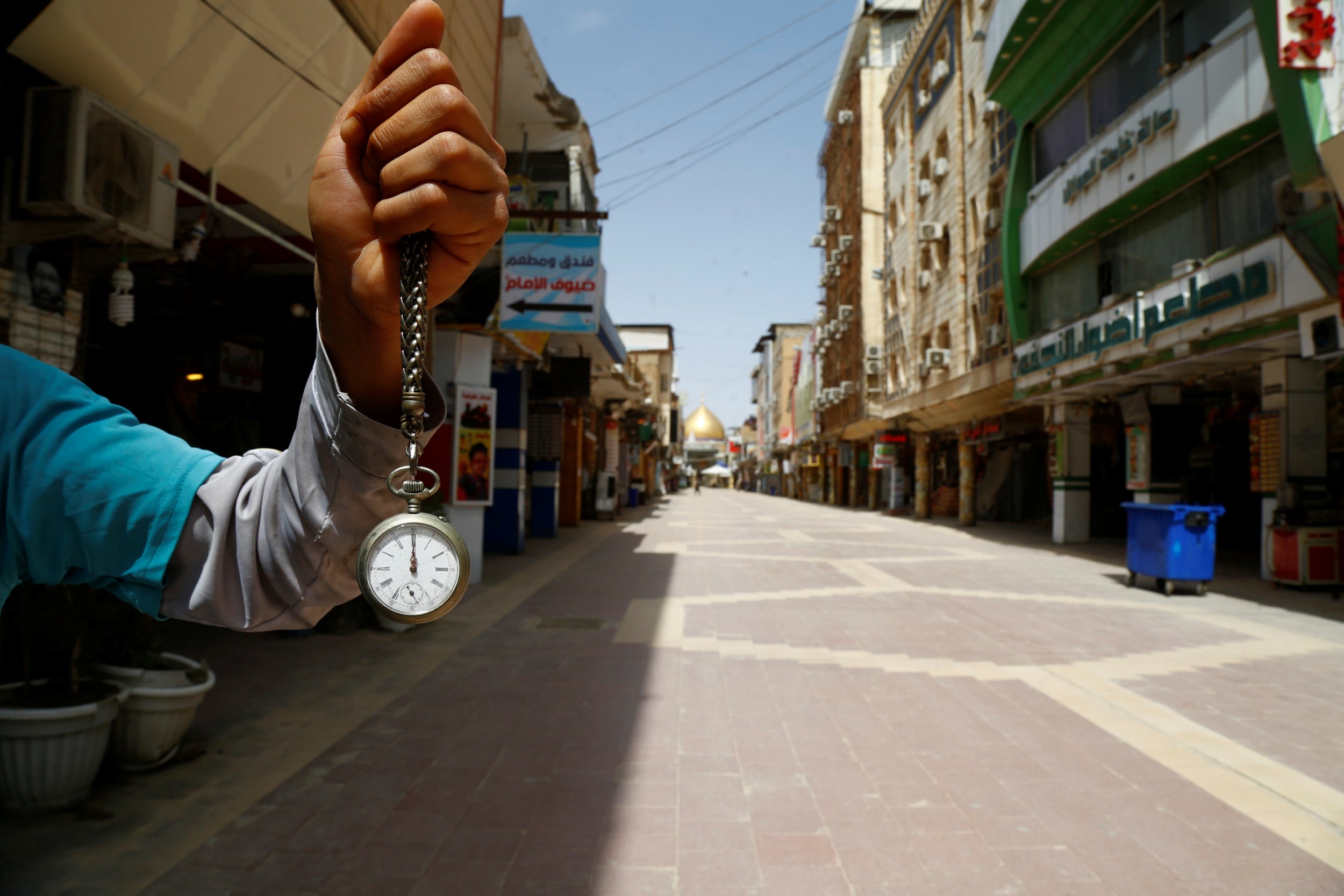
1/18 Najaf, Iraq
A man holds a pocket watch at noon, at an almost empty market near the Imam Ali shrine
Reuters
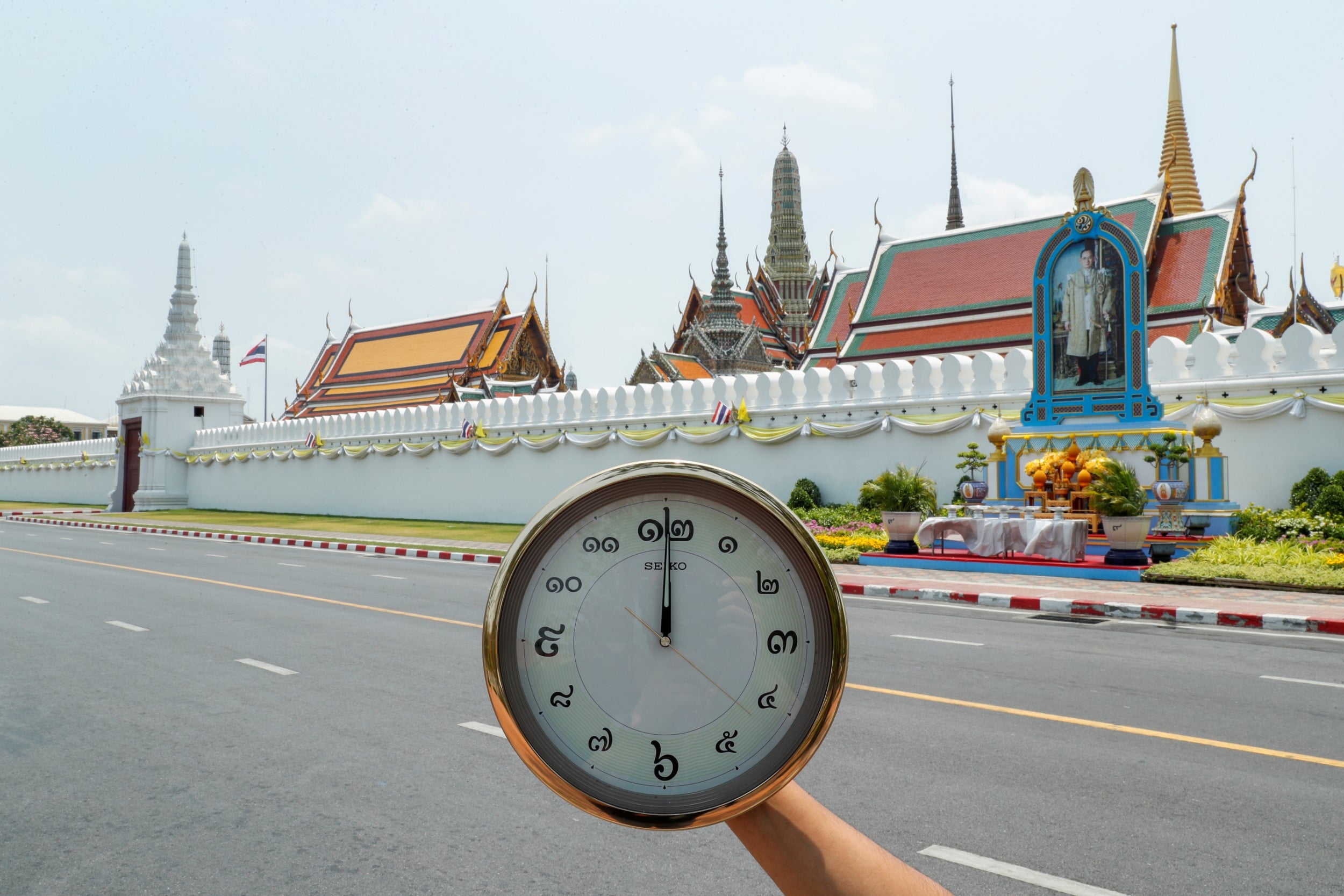
2/18 Bangkok, Thailand
Wat Phra Si Rattana Satsadaram (The Temple of the Emerald Buddha, also known as The Grand Palace)
Reuters

3/18 Prague, Czech Republic
Empty streets at Old Town Square
Reuters
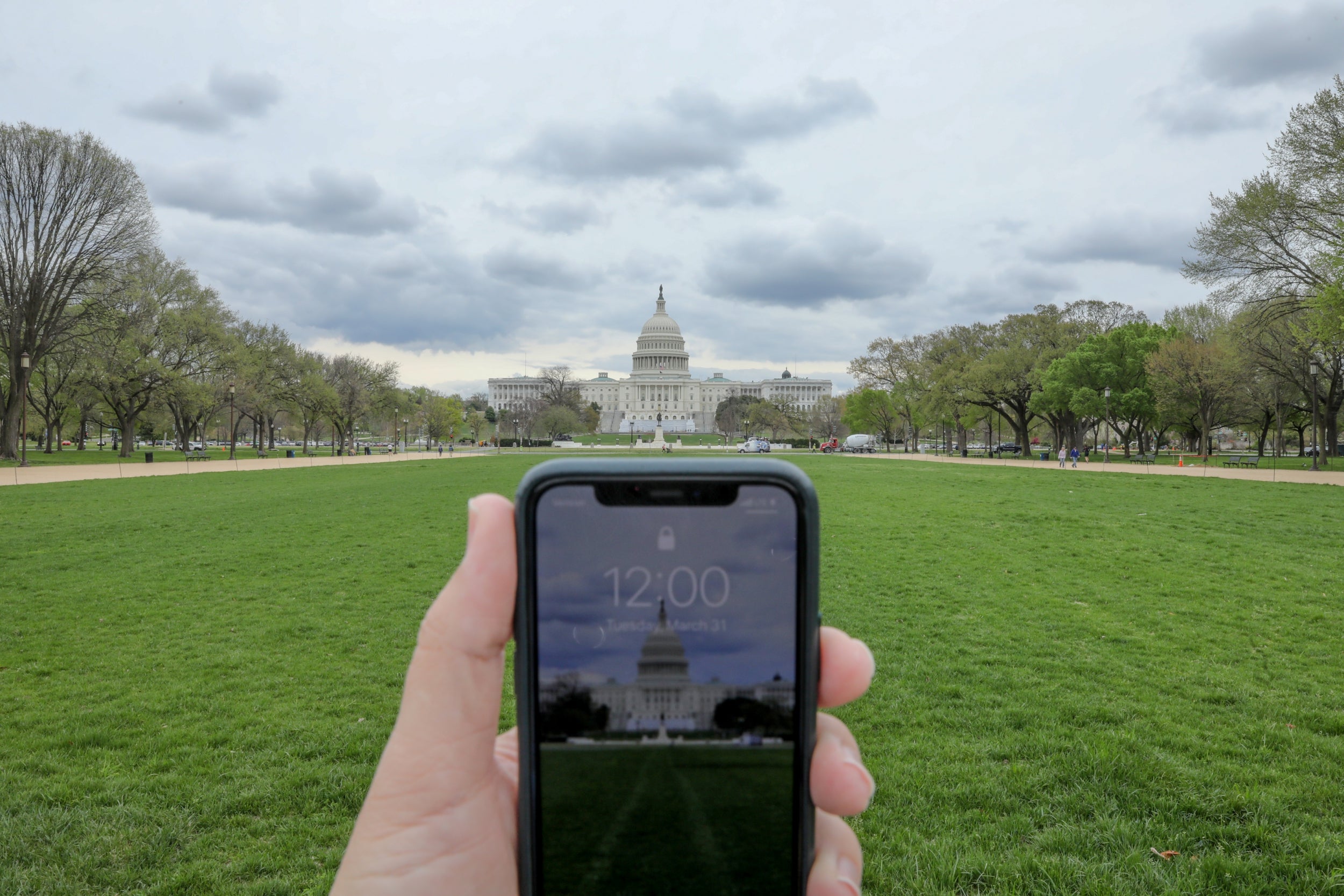
4/18 Washington, US
United States Capitol
Reuters

5/18 Jerusalem’s Old City
A watch showing the time at noon, in front of Damascus Gate
Reuters
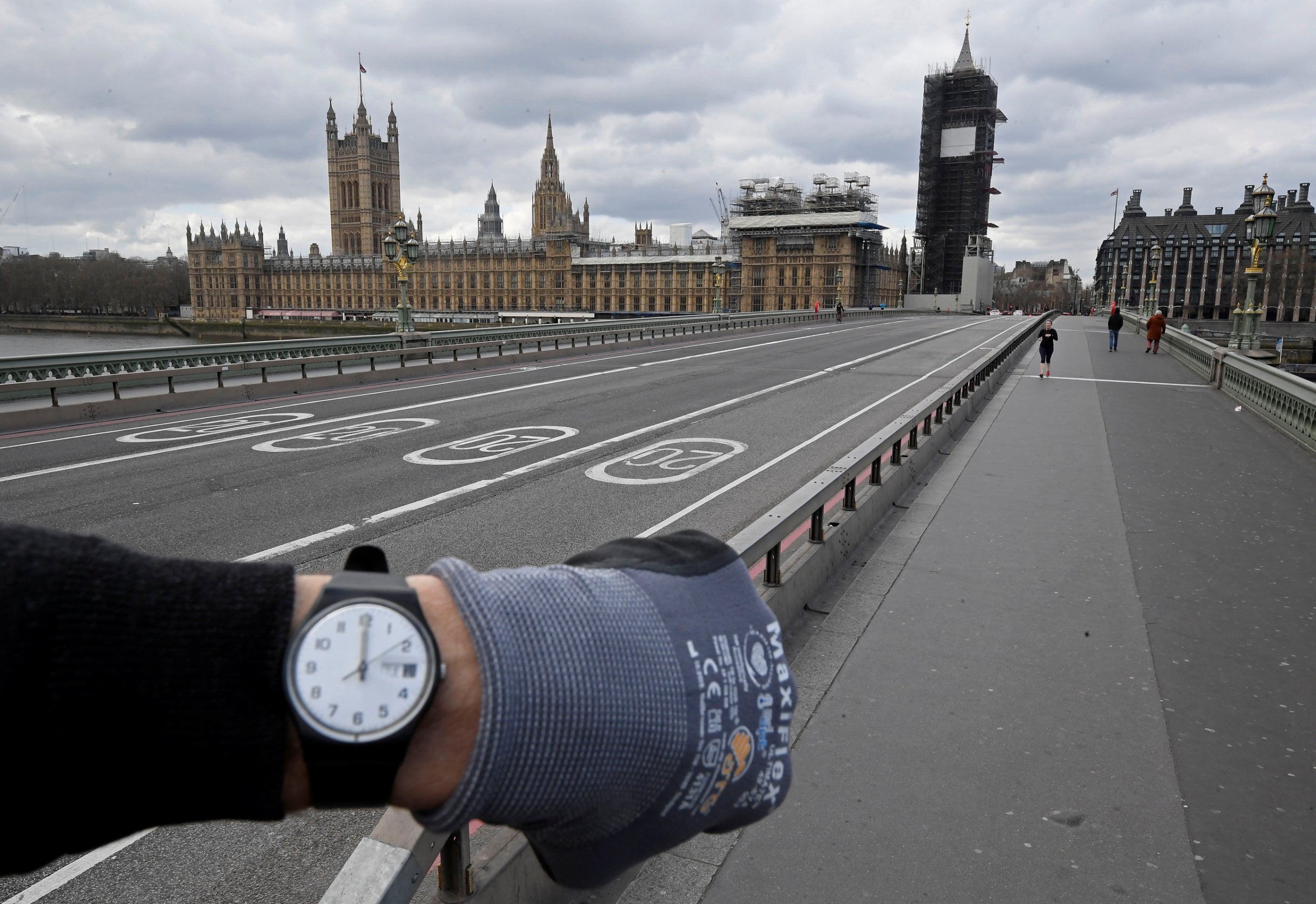
6/18 London, UK
A woman jogs past the Houses of Parliament on Westminster Bridge
Reuters

7/18 Wuhan, China
Empty road with low traffic
Reuters
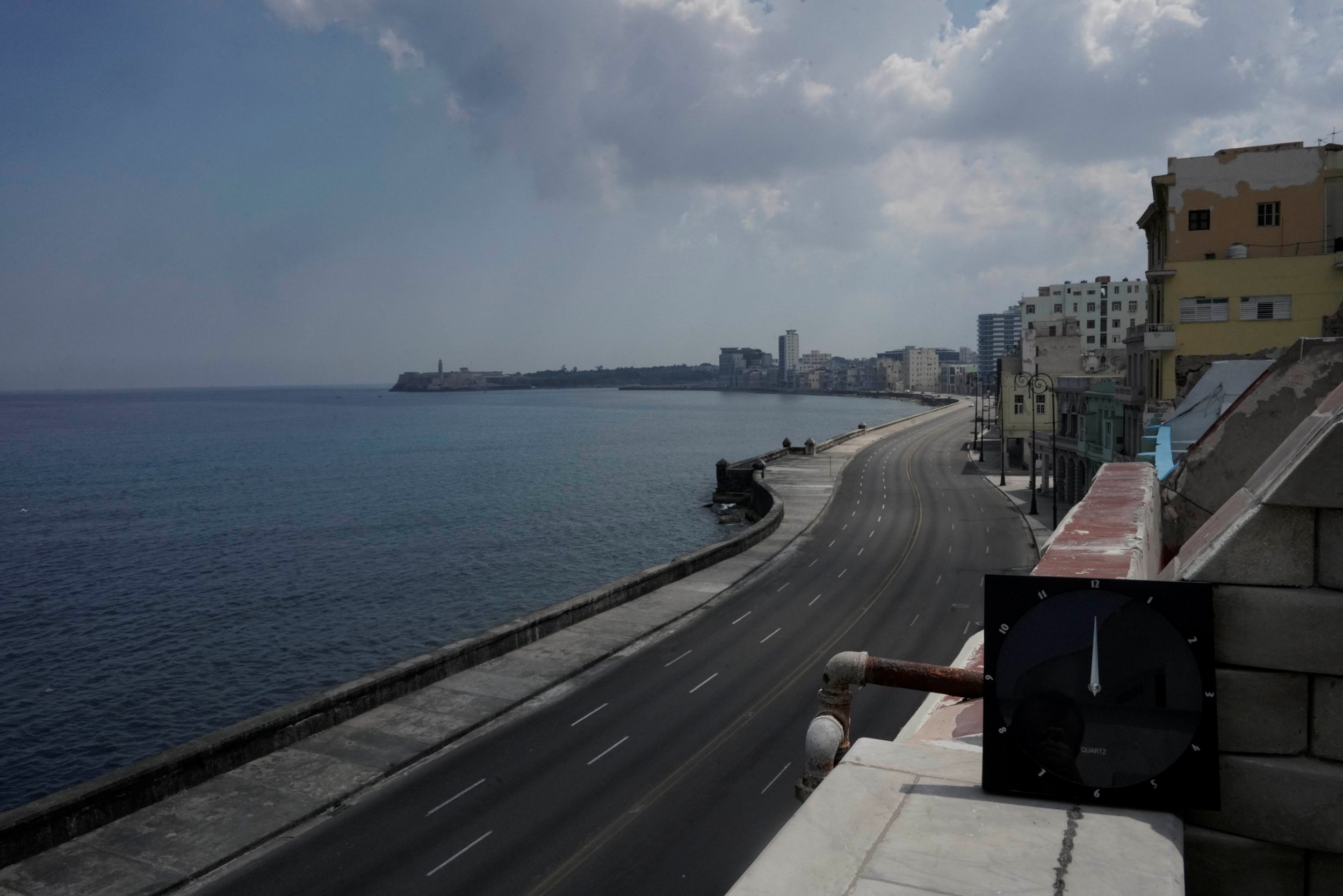
8/18 Havana, Cuba
The seafront Malecon next to an almost empty road
Reuters
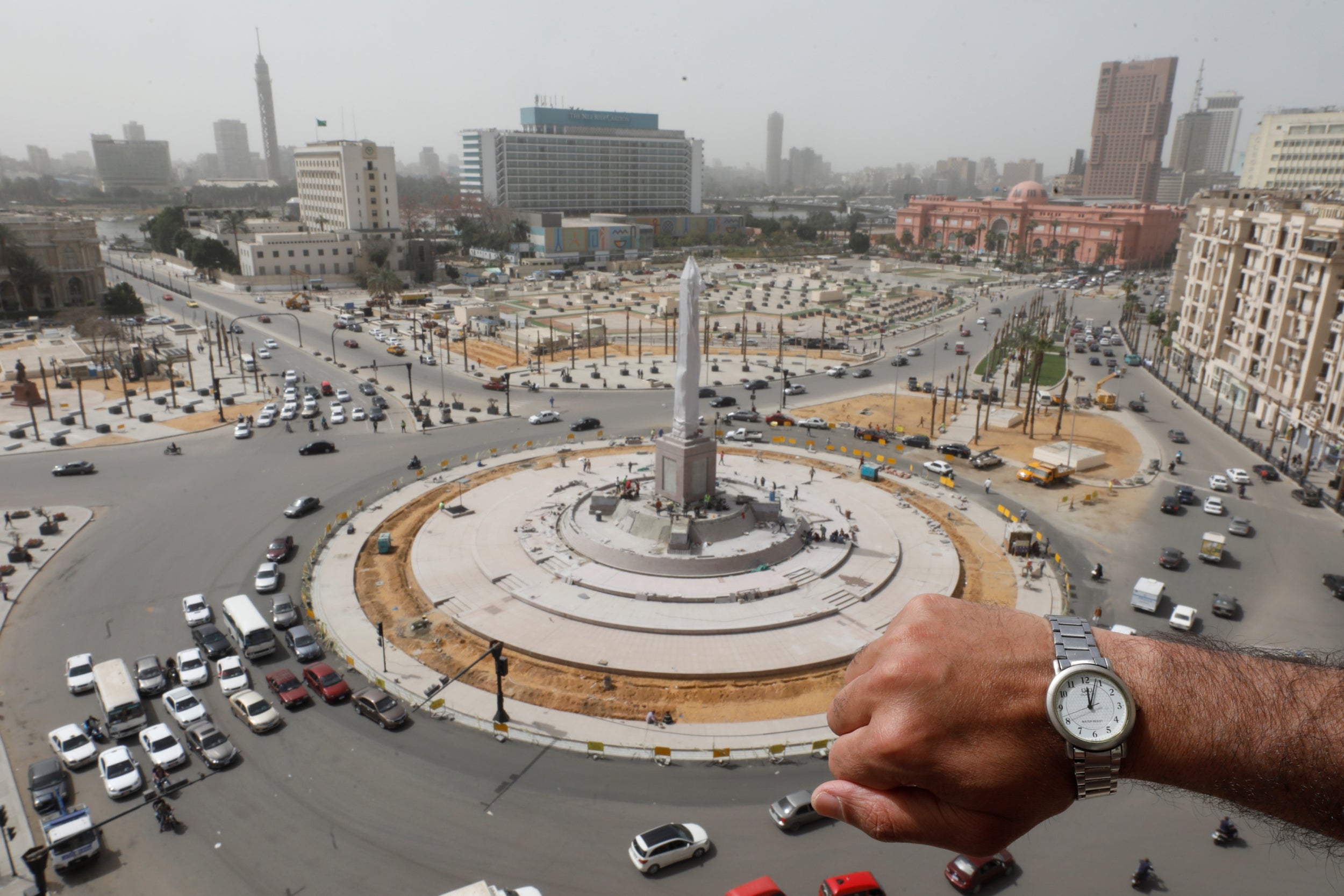
9/18 Cairo, Egypt
Tahrir Square
Reuters
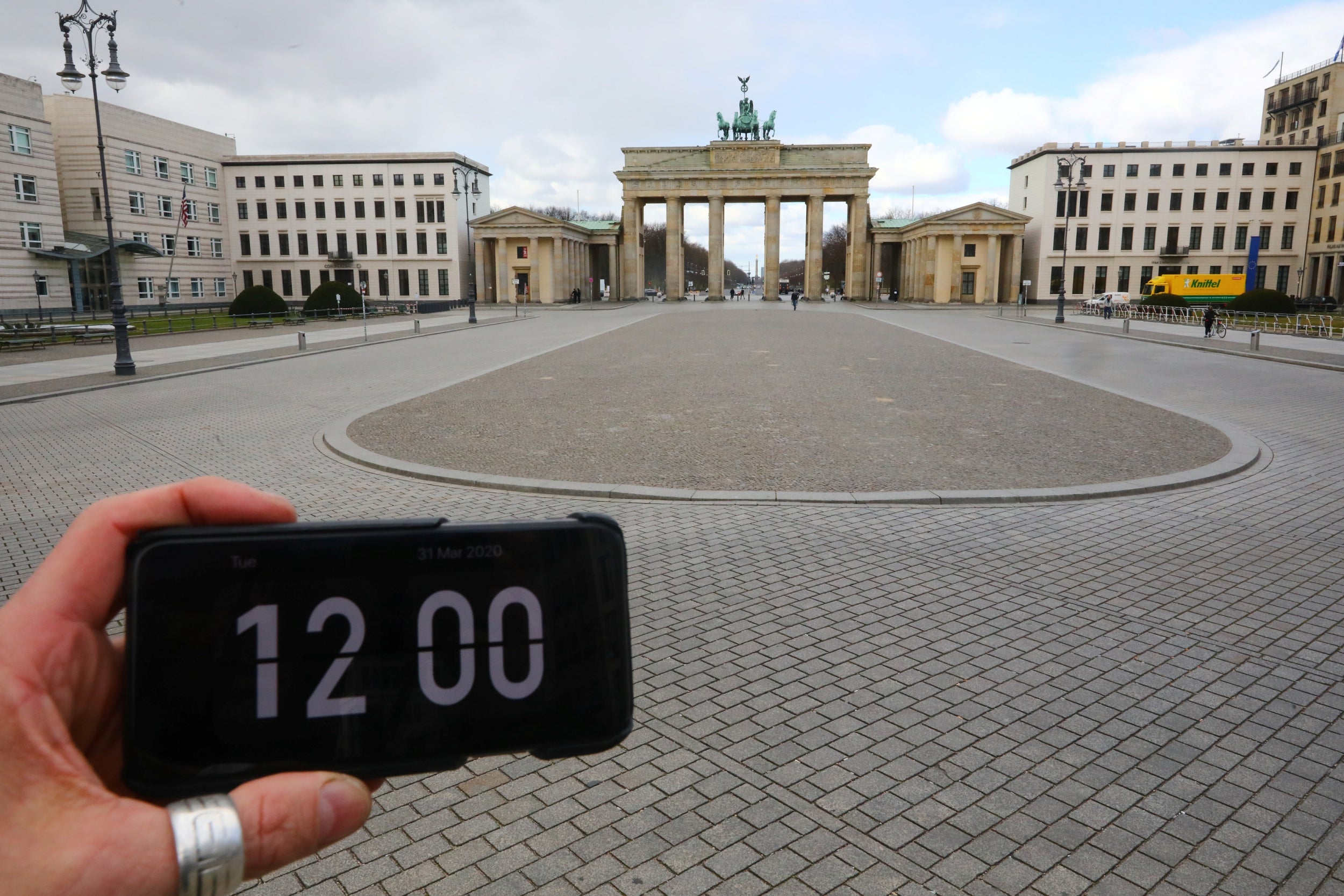
10/18 Berlin, Germany
Brandenburg gate
Reuters
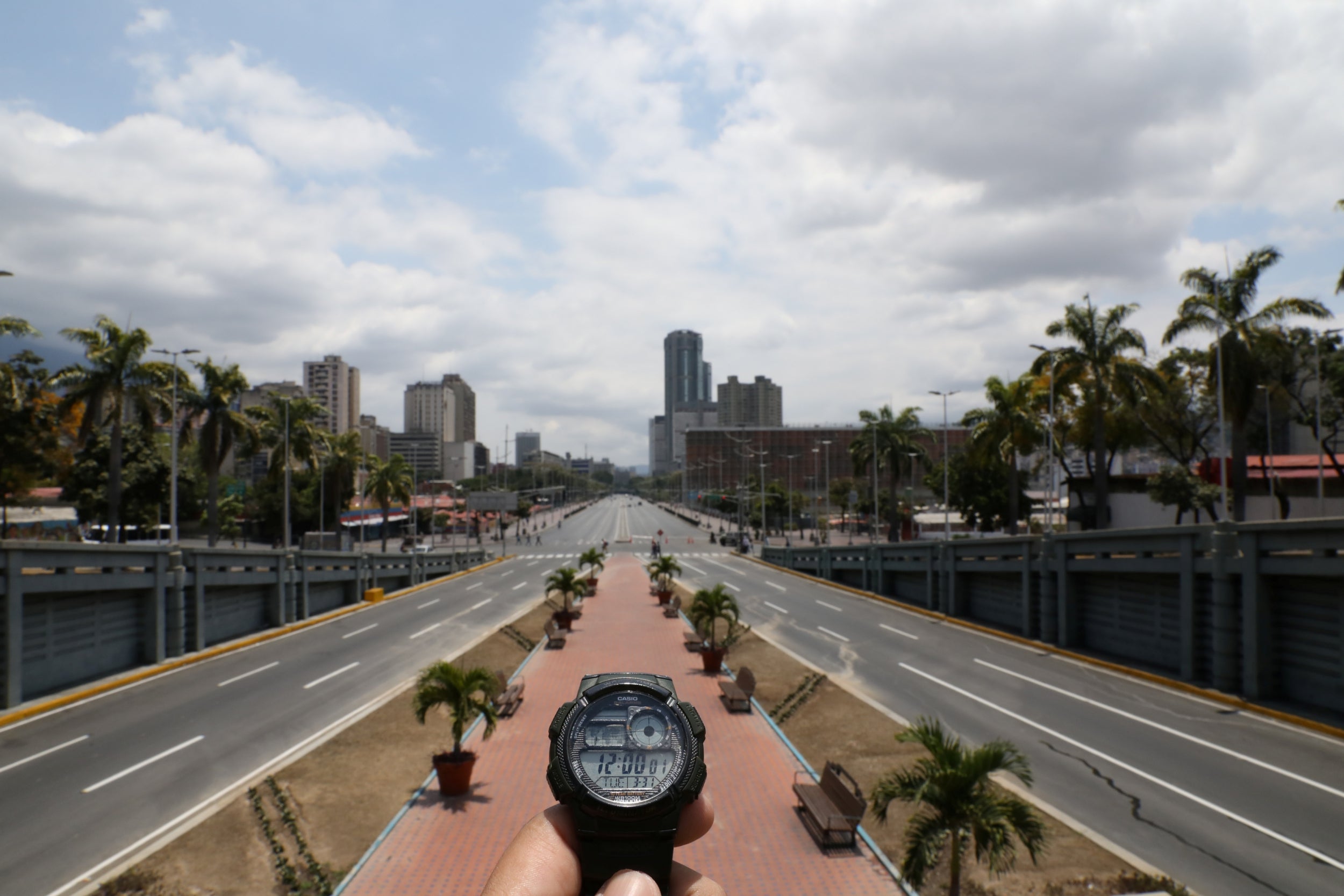
11/18 Caracas, Venezuela
Bolivar avenue
Reuters
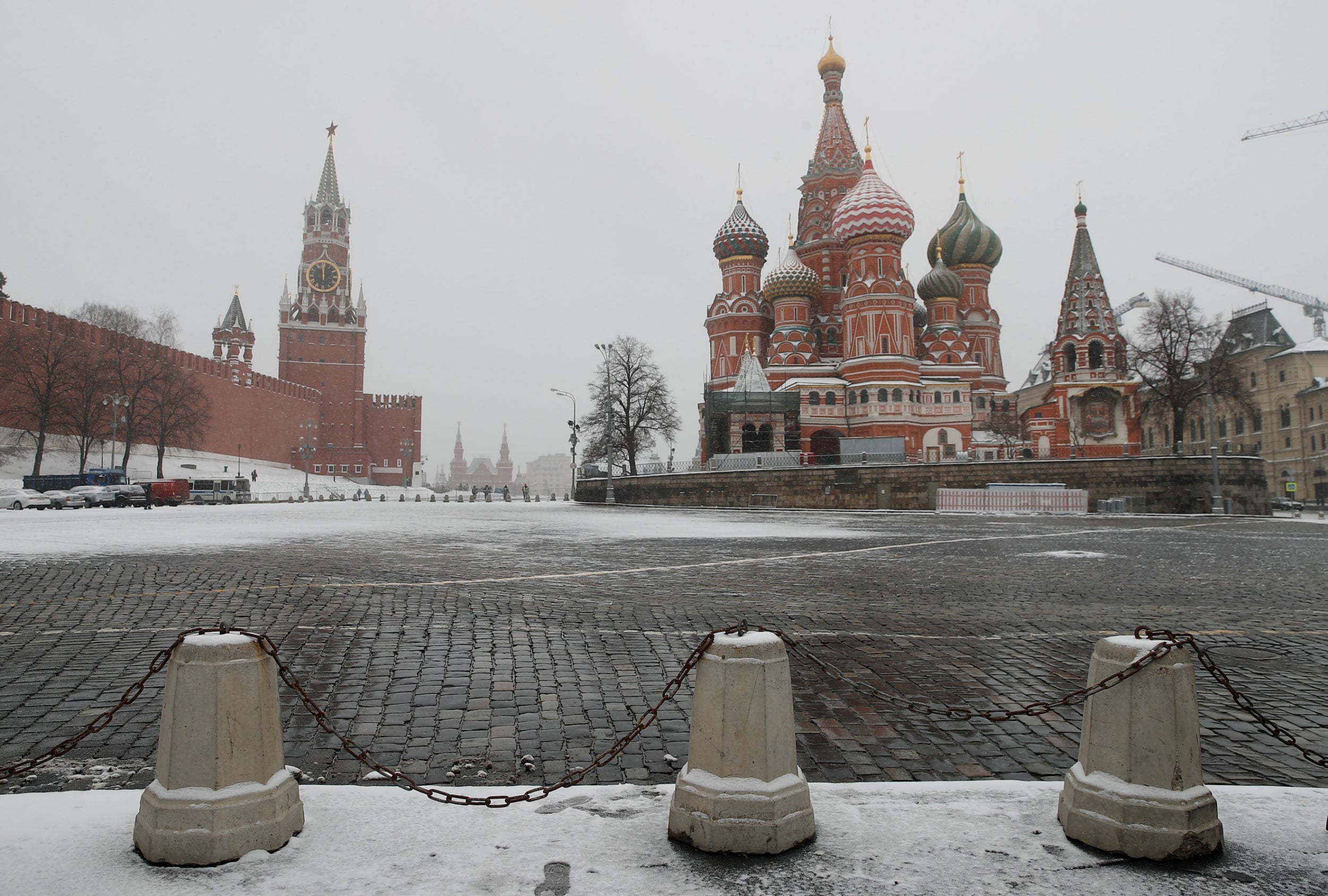
12/18 Moscow, Russia
The clock on Spasskaya tower showing the time at noon, next to Moscow’s Kremlin, and St Basil’s Cathedral on an empty square
Reuters
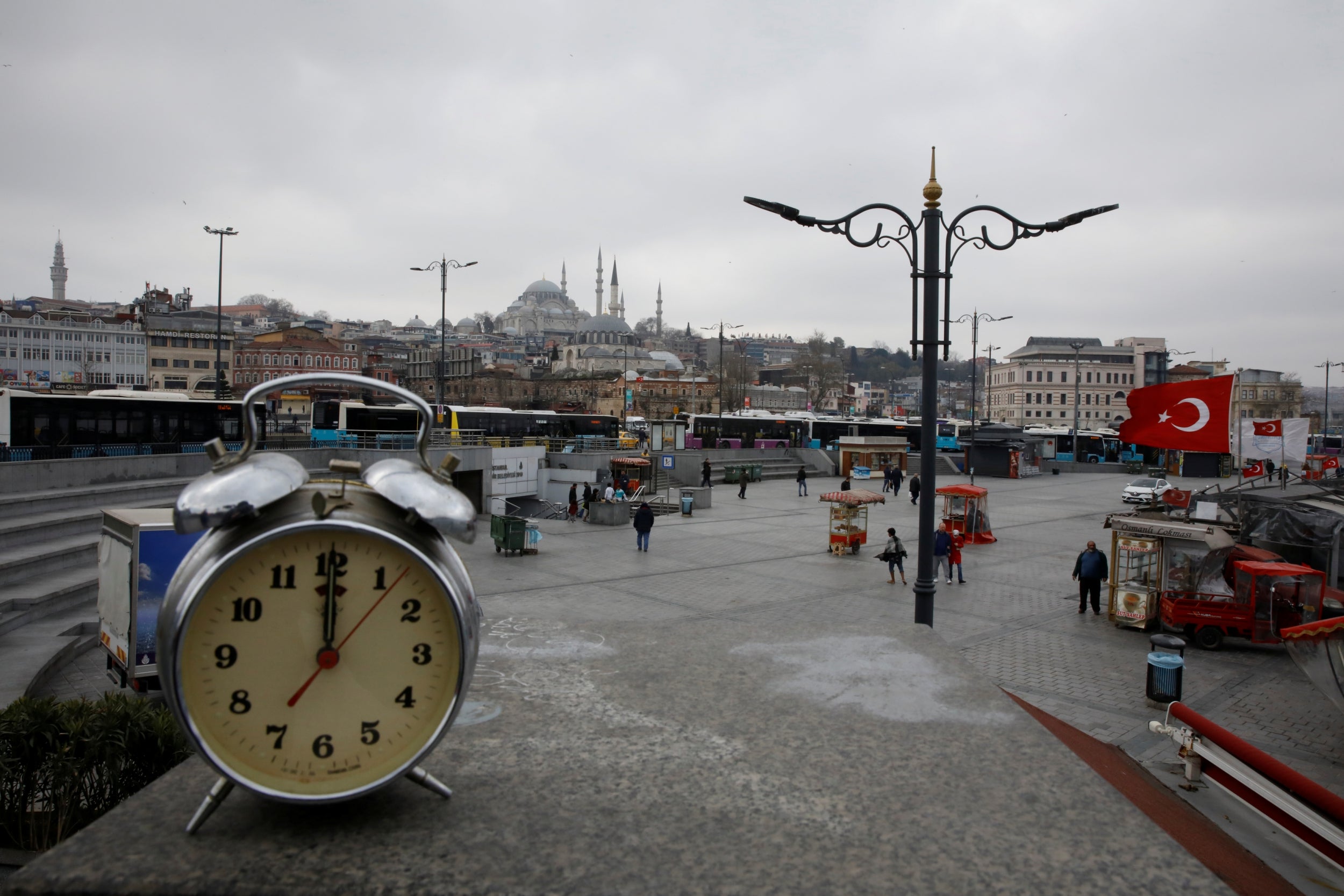
13/18 Istanbul,Turkey
Emionu district
Reuters
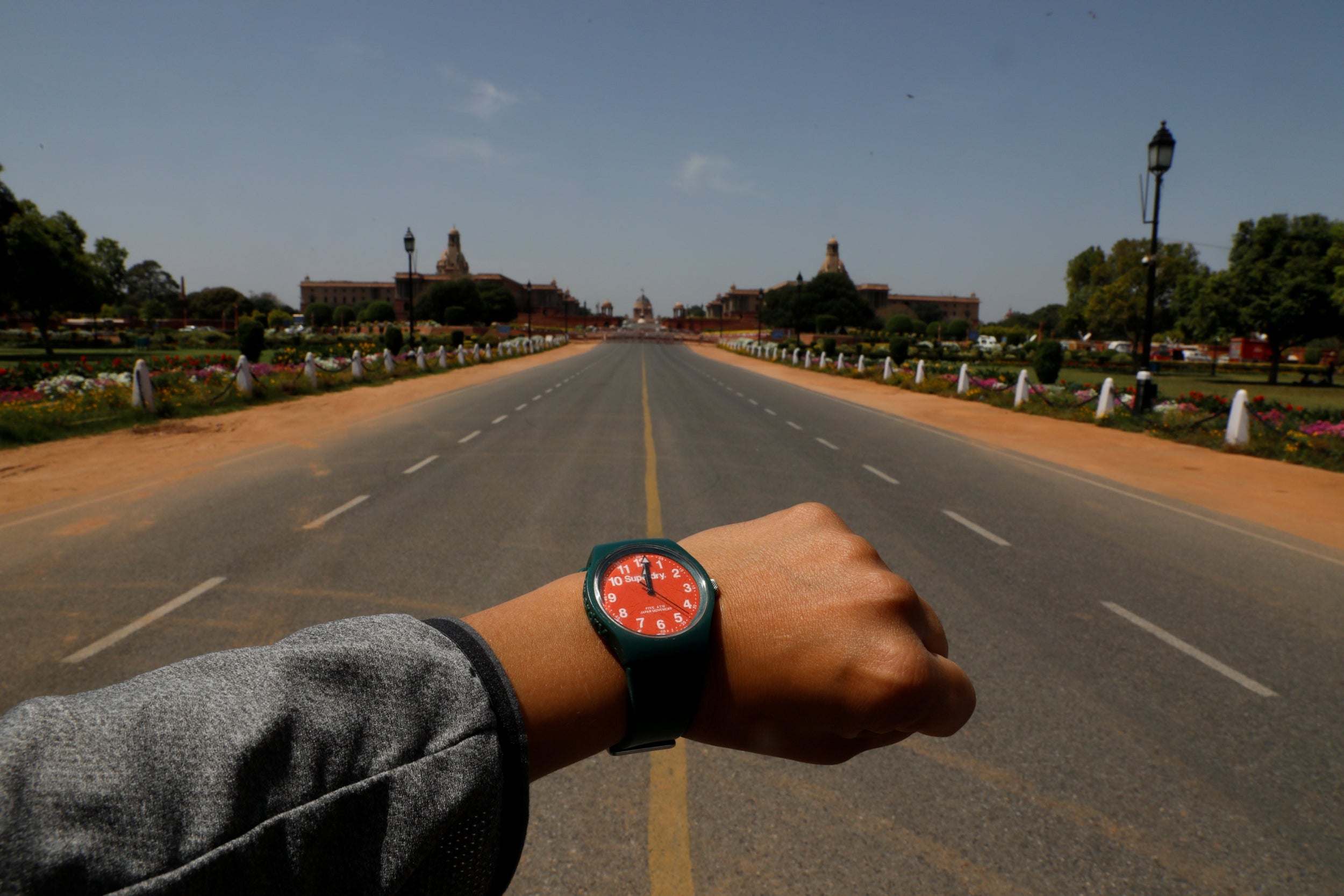
14/18 New Delhi, India
An empty road at Rajpath
Reuters
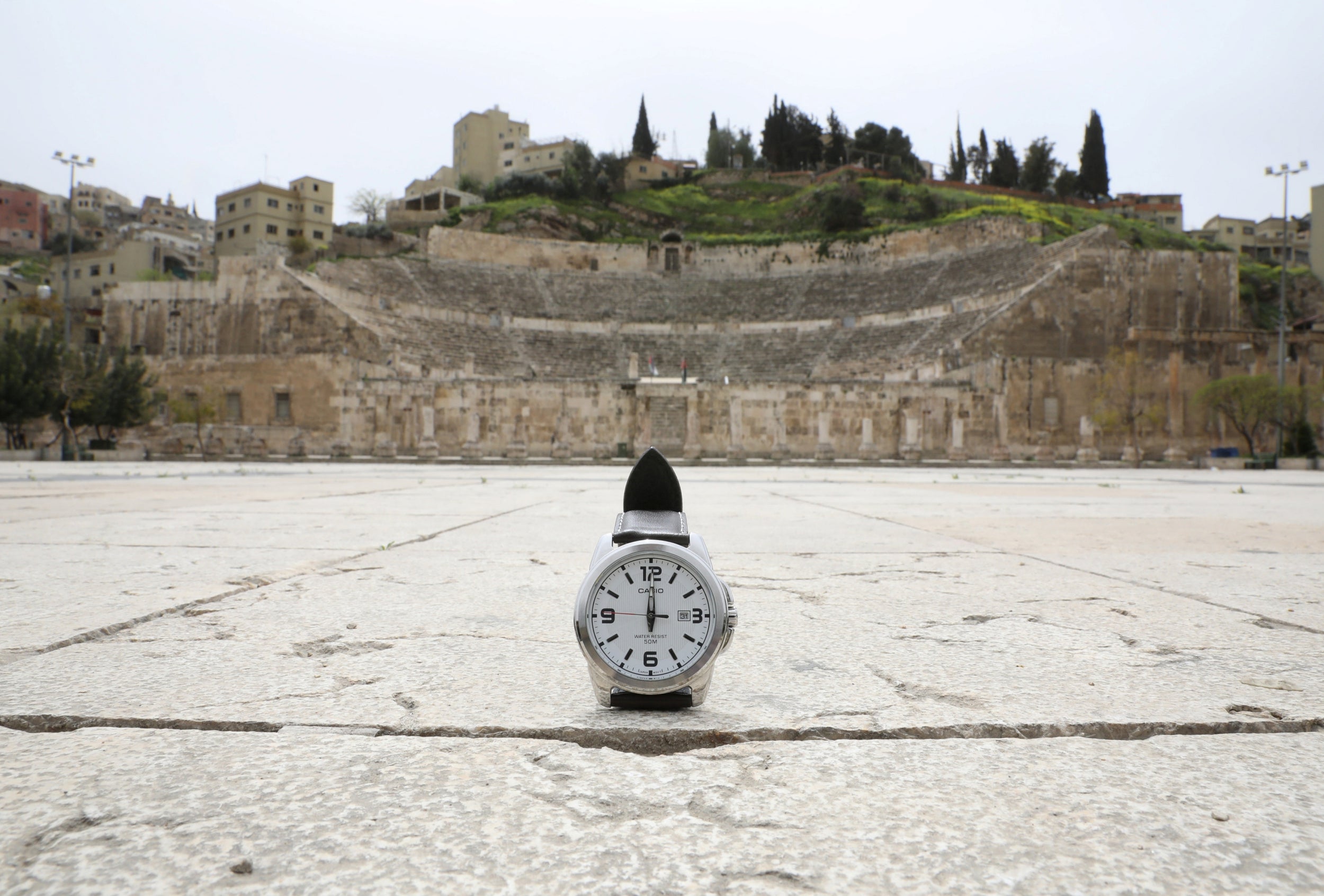
15/18 Amman, Jordan
The Roman amphitheater
Reuters
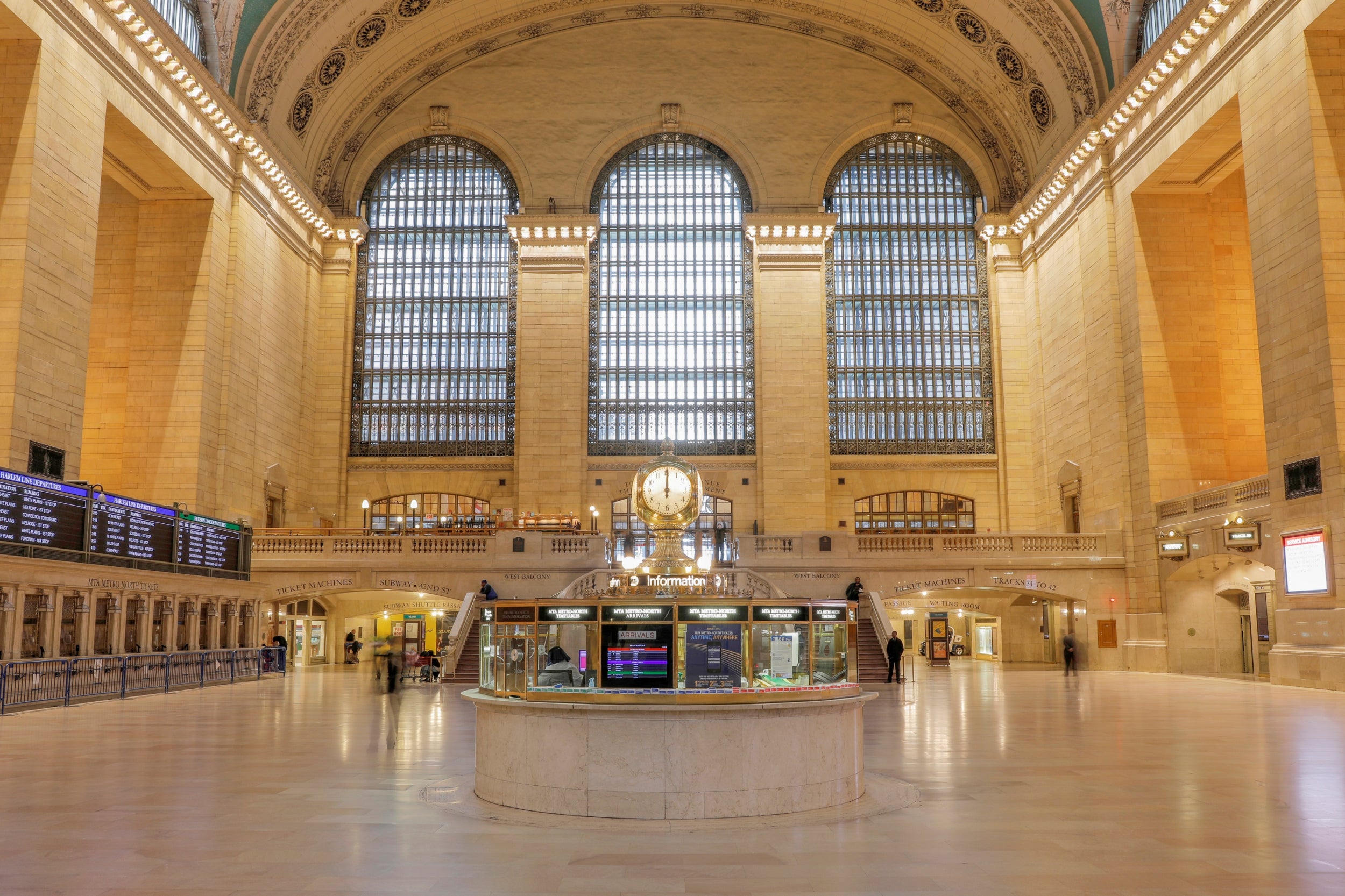
16/18 New York City, US
The clock strikes noon at the main concourse of the Grand Central Terminal in Manhattan
Reuters
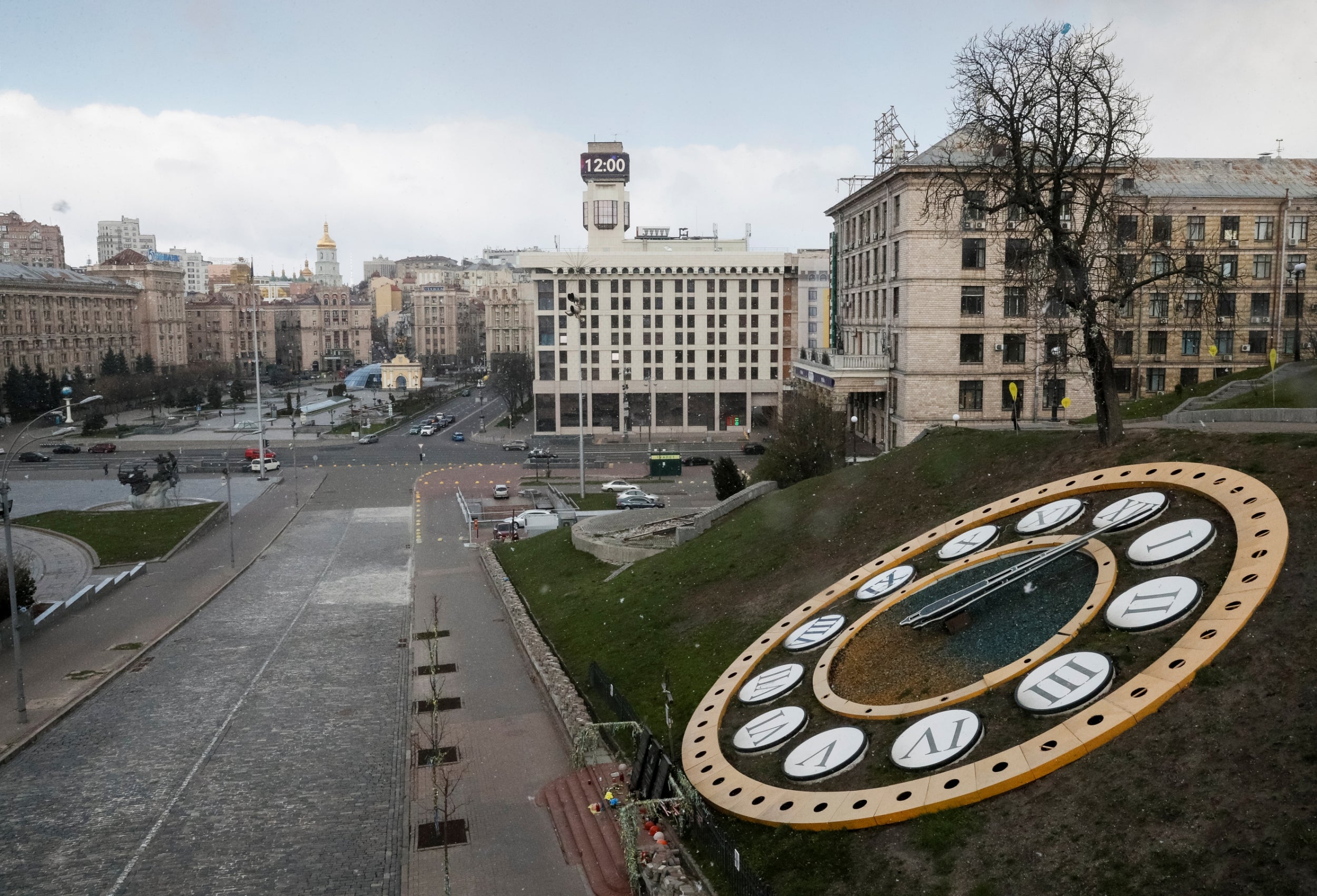
17/18 Kiev, Ukraine
Almost empty streets at Maidan Nezalezhnosti (Independence Square)
Reuters
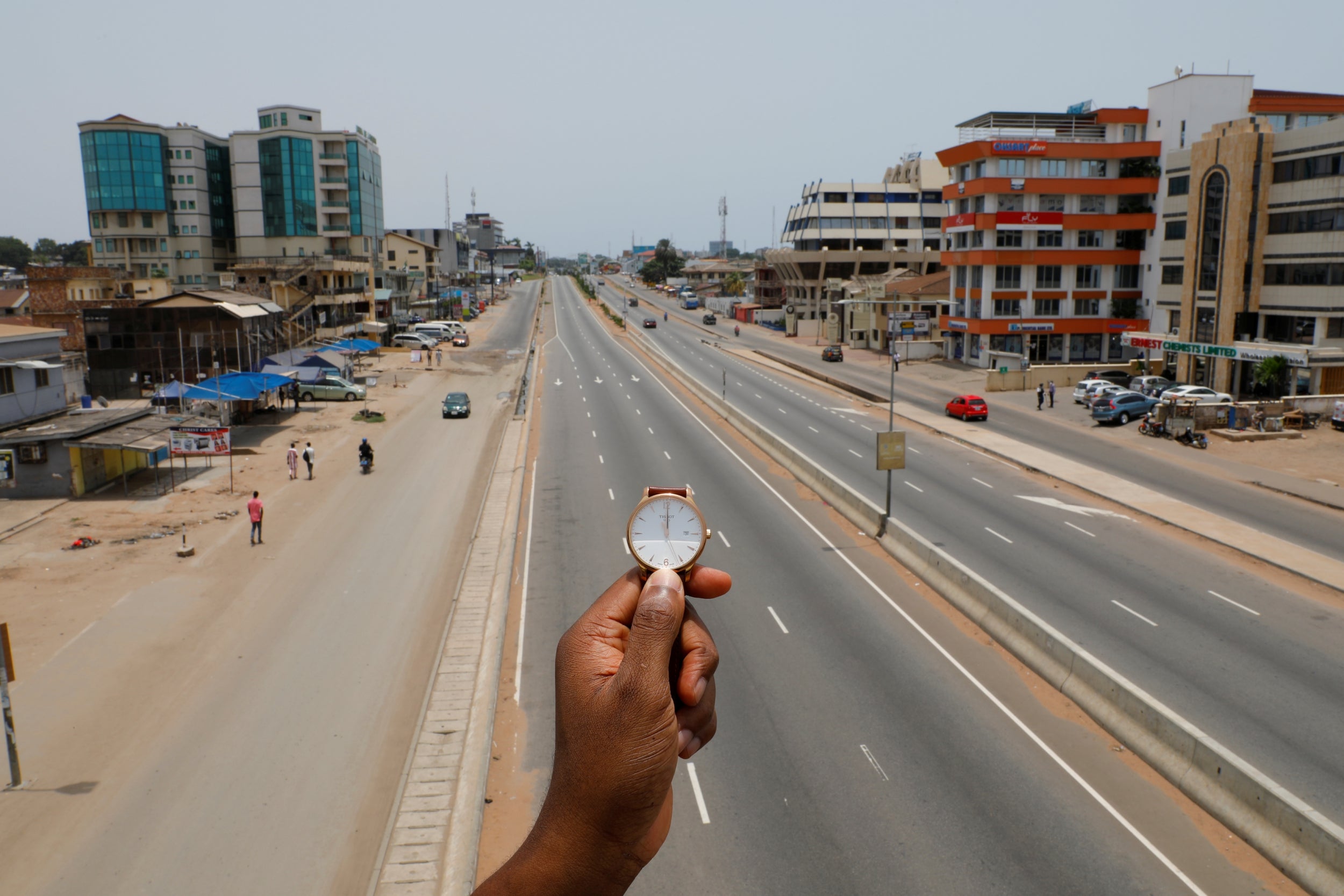
18/18 Accra, Ghana
People walk past Ring Road Central Street
Reuters

1/18 Najaf, Iraq
A man holds a pocket watch at noon, at an almost empty market near the Imam Ali shrine
Reuters

2/18 Bangkok, Thailand
Wat Phra Si Rattana Satsadaram (The Temple of the Emerald Buddha, also known as The Grand Palace)
Reuters

3/18 Prague, Czech Republic
Empty streets at Old Town Square
Reuters

4/18 Washington, US
United States Capitol
Reuters

5/18 Jerusalem’s Old City
A watch showing the time at noon, in front of Damascus Gate
Reuters

6/18 London, UK
A woman jogs past the Houses of Parliament on Westminster Bridge
Reuters

7/18 Wuhan, China
Empty road with low traffic
Reuters

8/18 Havana, Cuba
The seafront Malecon next to an almost empty road
Reuters

9/18 Cairo, Egypt
Tahrir Square
Reuters

10/18 Berlin, Germany
Brandenburg gate
Reuters

11/18 Caracas, Venezuela
Bolivar avenue
Reuters

12/18 Moscow, Russia
The clock on Spasskaya tower showing the time at noon, next to Moscow’s Kremlin, and St Basil’s Cathedral on an empty square
Reuters

13/18 Istanbul,Turkey
Emionu district
Reuters

14/18 New Delhi, India
An empty road at Rajpath
Reuters

15/18 Amman, Jordan
The Roman amphitheater
Reuters

16/18 New York City, US
The clock strikes noon at the main concourse of the Grand Central Terminal in Manhattan
Reuters

17/18 Kiev, Ukraine
Almost empty streets at Maidan Nezalezhnosti (Independence Square)
Reuters

18/18 Accra, Ghana
People walk past Ring Road Central Street
Reuters
A decisive 64 per cent said that the government was right to prioritise saving lives at the risk of harming jobs and livelihoods, against just 19 per cent who said that relaxing lockdown restrictions to help the economy should be its goal.
But there were signs of dissatisfaction with the preparedness of the NHS and other key public services to respond to a pandemic of this kind after a decade of austerity cuts.
Just 27 per cent said the UK was well-prepared for an outbreak of this kind, compared to 52 per cent who said it was not.
Just 7 per cent of those questioned by BMG said the lockdown restrictions announced by Mr Johnson on 23 March, under which Britons were told to stay at home except for a limited set of reasons, were too severe.
Some 44 per cent said the guidelines – which saw non-essential businesses being ordered to close and people told to keep two metres apart when outside – were about right, while 46 per cent said they were not stringent enough. Opposition to the restrictions was strongest amongst the young and better-off, but even then this did not rise above 10 per cent.
The latest news on Brexit, politics and beyond direct to your inbox
With controversy raging over police efforts to prevent sunbathing and sports in some outdoor spaces, a substantial 60 per cent said they would back the closure of all parks if people continue to ignore social distancing rules, against 26 per cent who would oppose it.
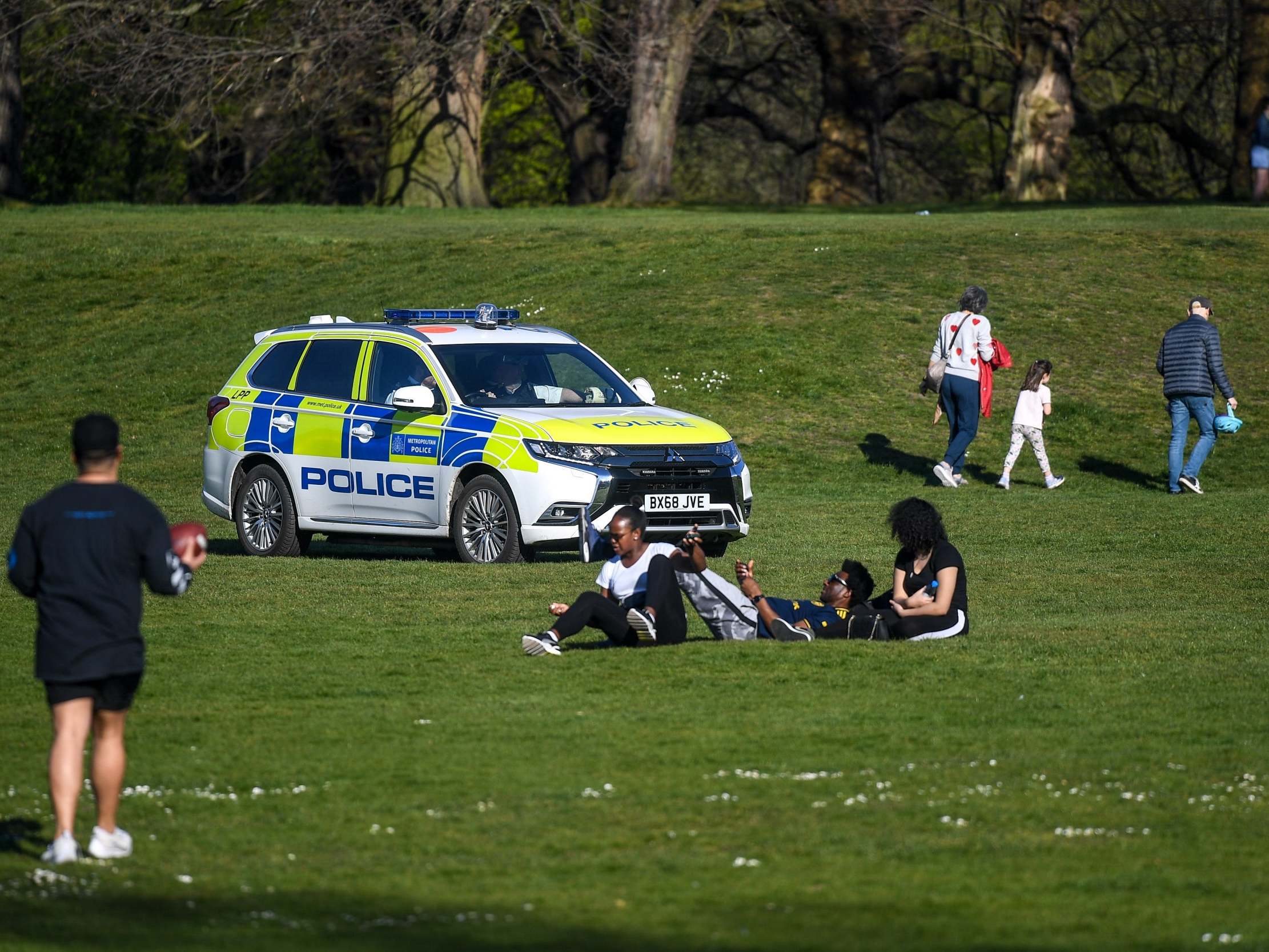
More than half (51 per cent) said they would be ready to accept tighter restrictions on which jobs are deemed essential, allowing workers to leave their homes, while 25 per cent said they would not.
But there was division over the question of whether a ban on all outdoor exercise could be justified, with 44 per cent saying they would oppose it compared to 40 per cent who would back it.
Few seem to expect next Thursday’s review of the lockdown to result in the easing of restrictions.
Just 1 per cent thought the lockdown would be lifted in mid-April, against 12 per cent who expect it to last until the end of the month, 29 per cent until the end of May and 26 per cent the end of June.
However, less than a quarter (23 per cent) believe their movements will be curtailed beyond that point, with 10 per cent expecting the end to come in July, 5 per cent in August, 3 per cent in September, 3 per cent in the final three months of 2020 and 2 per cent at some point in 2021.
Extending the lockdown to the end of May would be regarded as reasonable by 62 per cent, with just 22 per cent saying it is unreasonable.
Another month would still have support, with 45 per cent seeing the end of June as a reasonable date for the all-clear, against 31 per cent who said it would not be.
But beyond that, support for a continued lockdown tumbles, with 28 per cent seeing restrictions as reasonable to the end of July, 21 per cent to the end of August, 17 per cent to the end of September and 13 per cent to the end of 2020.
BMG questioned 1,541 British adults between 7 and 9 April



